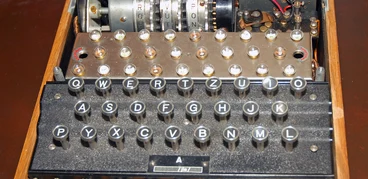
Sometimes people want to keep their communications secret. Others, on the other hand, always want to break into other people's secrecy. This...
The main part of SigmaCamp academic program are the Semilabs that combine theoretical (Seminar) and practical (Lab) parts in 90-minute session. Each semilab is a course, running for the five “regular” days of camp. Each student can attend 2 semilabs, one in the morning and one in the afternoon
Semilabs come in three difficulty lеvels.
Please consider the following guidelines when selecting semilabs you would like to attend at SigmaCamp:
Introductory level semilabs do not assume any prior knowledge on the topic
Intermediate level semilabs do not require any prior knowledge on the topic, but will generally be more challenging
Advanced level semilabs are the most challenging ones. They have prerequisites - a set of concepts you are expected to be familiar with prior to attending the semilab


Sometimes people want to keep their communications secret. Others, on the other hand, always want to break into other people's secrecy. This...

Combinatorics is at the foundation of current research in computer science, cryptography, and bioinformatics. Even though in school introductory...
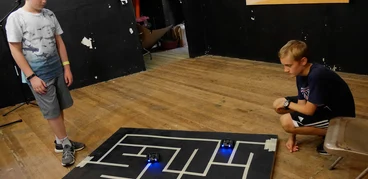
In this semilab, we introduce students to robotics. Students will be divided into teams of 2-3; each team will be given a small Arduino-based...

Using Python programming language we will introduce basic concepts of programming. We will introduce variables, data structures, and flow...
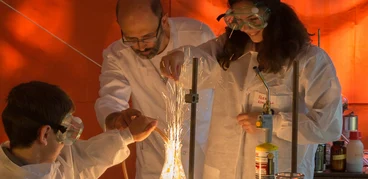
What exactly is fire, and what components are necessary for combustion to occur? Can combustion happen without oxygen or even underwater? Since...
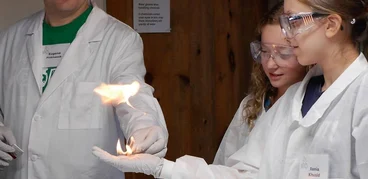
Popular books and movies usually depict chemist’s lab as a place where everything boils or smells, changes its color or explodes. In real life,...

Become a film director and science journalist in SigmaCamp!
Communication has become a very important part of the skill set of a modern...
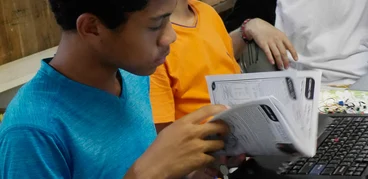
This Semilab will walk you into the world of programmable electronics using an Arduino microcontroller, how to assemble your own simple electric...
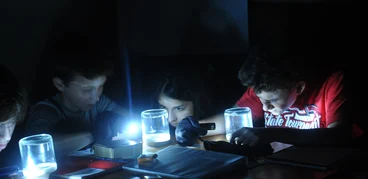
Particles and fields are the elementary carriers of energy and matter as we know and experience in our everyday life. Particles constitute our...

What is light? Humanity has been trying to answer this question for millennia. The answer, "light is a wave-like particle" (wave-like like...

If you toss three fair coins, what is the probability they all show the same, either all Heads or all Tails? Here is an argument from a Victorian...

Archimedes was arguably the greatest mathematician that ever lived on Earth. After he was killed by Romans, who conquered his native Syracuse,...

Why is it possible to construct with the compass and ruler a regular 5-gon but is impossible to construct the cube of volume 2? Why there is a...

Conlanging (or Constructing Languages) became very popular starting from Esperanto and artificial languages created by JRR Tolkien and all the way...
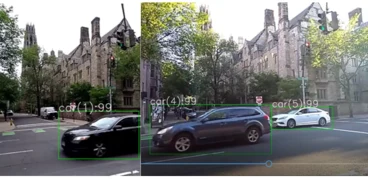
Discover the fascinating world of computer perception at SigmaCamp! In this semilab, we'll explore the core principles of Computer Vision, a...
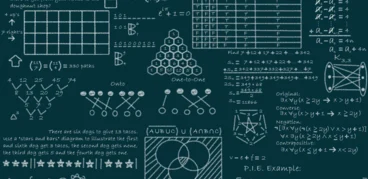
In this semilab, we will discuss the concept of algorithms, describe them mathematically, and turn them into Python programs. Our basic theme will...
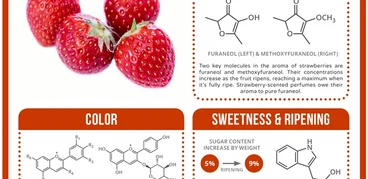
You will find out how different chemical compounds will confer scents and colors that human eye and nose can detect. You will learn about natural...
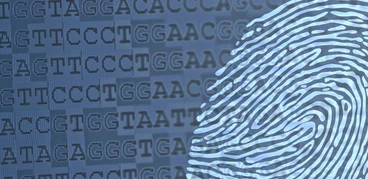
Do you like to play Mafia? I do like this game and I will play this game with you during Genomic Fingerprinting Semilab. By using different...
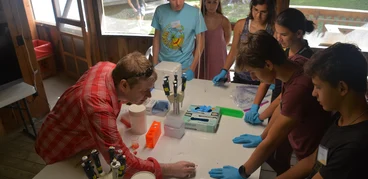
How do we identify all the living species around us? These days scientists can use short fragments of DNA (so called barcodes) as unique and...
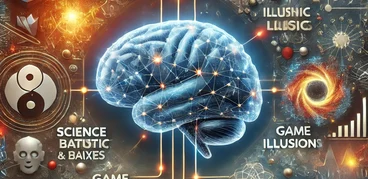
This semilab focuses on rational decision-making: about what we perceive, what we believe to be true, what we predict to occur in the future. In...

This is a semilab for the students interested in physics. We will encounter new theoretical concepts and also perform some experiments. Examples...
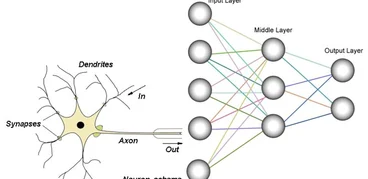
How does Machine Learning actually work? What is behind the scenes? We will discuss various machine learning techniques, from simple regressions...
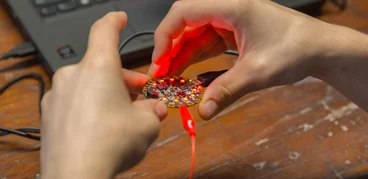
In this Semilab, we will develop advanced microcontroller projects that are based on micropython. We will first introduce advanced programming and...

Some chemical reactions occur very quickly (explosions!) while other reactions are slow, e.g., formation of rust. Some processes generate a lot of...
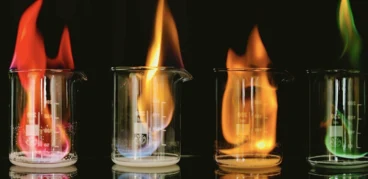
In both science fiction and non-fiction films, filmmakers often depict science labs as rooms filled with elaborate glassware, the functions of...
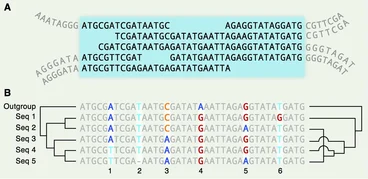
An enormously large series of complex and chaotic events (including chromosome and whole genome duplications) have shaped the genomes (master...
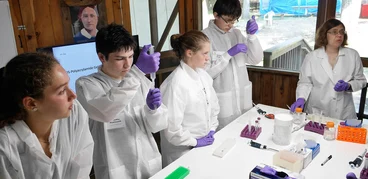
What is genetic engineering? Simply put, you take a gene of some protein, introduce it into a new organism, and this organism starts to produce...

This course focuses on engineering principles behind the devices and mechanics used to measure and evaluate electrical activity generated by the...
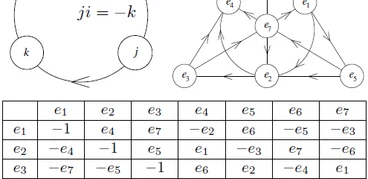
When you say "number", most people immediately think "real number". Some of you might also be familiar with complex numbers. But why these are the...